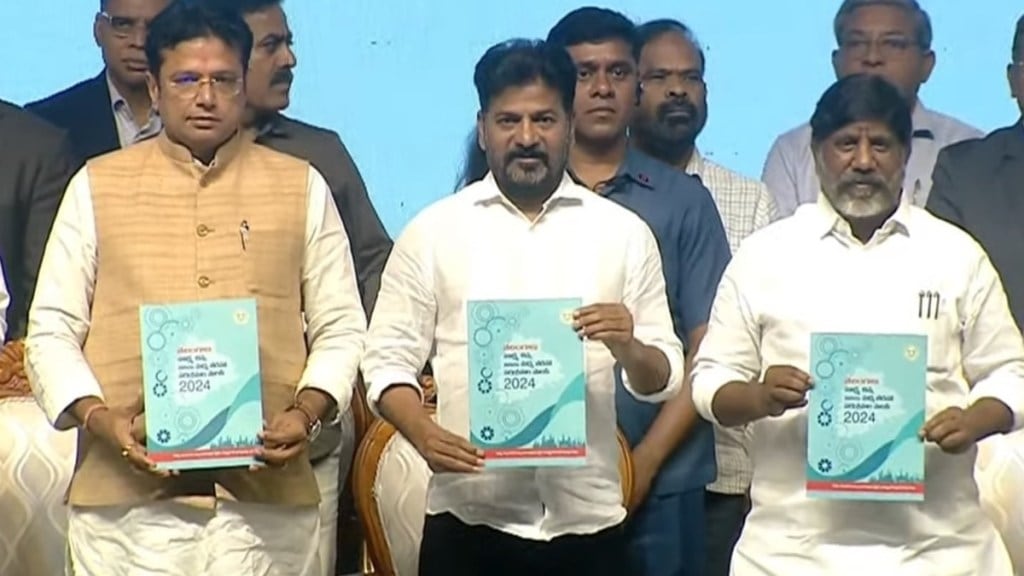Telangana Chief Minister Revanth Reddy on Wednesday launched the state MSME policy, earmarking Rs 600 crore to implement the initiatives announced in the policy over the next five years. With over 10 lakh Udyam-registered MSMEs, Telangana has envisaged 40 measures in the new policy to offer end-to-end support for MSMEs from starting up to growth phases across six areas viz., credit access, land availability, raw material access, flexible labour markets, technology adoption, and better market access.
To boost credit access, the government said it will increase the capital investment subsidy from 15 per cent up to a limit of Rs 20 lakh to 25 per cent up to Rs 30 lakh under the T-IDEA scheme. For women MSMEs, the subsidy will be increased to 20 per cent up to a limit of Rs 20 lakh from the current 10 per cent up to Rs 10 lakh limit.
Moreover, the government will run a pilot program for revenue-based financing for MSMEs to access credit based on future sales, reducing upfront burdens and making funding more accessible, especially for women-led ventures. The pilot project will help the government assess if MSMEs in the state are interested in such routes for finance.
The policy will also allow MSME suppliers for public contracts to opt in for reverse factoring.
For increasing access to affordable land, the policy said it will develop one industrial park in each district in five years wherein 20 per cent of plots will be reserved for MSMEs. Moreover, the government will increase the areas zoned for industrial use and make land available as close to the cost price as feasible without reducing the rebate benefits under T-IDEA.
To ease access to raw material, the policy proposed 10 new common facility centres in 10 districts, 100 per cent discount on stamp duty applicable on the purchase and lease of land by warehouse developers, reimbursement of duty incurred on import of raw material at the time of import, facilitate onboarding of MSME on online platforms that enable B2B transactions and streamline applications for quality certifications.
In order to improve flexibility in labour markets, the policy proposed setting up the Telangana Skilling University, apprenticeship opportunities in the Digital Employment Exchange of Telangana (DEET), rationalising compliance requirements for labour contractors, increasing options for working hour arrangements for MSMEs, and more.
Towards greater technology adoption among MSMEs, the policy said the government will set up the Yantram Fund and allocate Rs 100 crore over the next four years for technology transfer and modernisation of the MSME sector.
Further, the policy proposed a 100 per cent subsidy on the patent registration expenses up to Rs 2 lakh and facilitating bulk purchase of digital technologies and softwares at discounted rates for MSME clusters and industrial parks.

